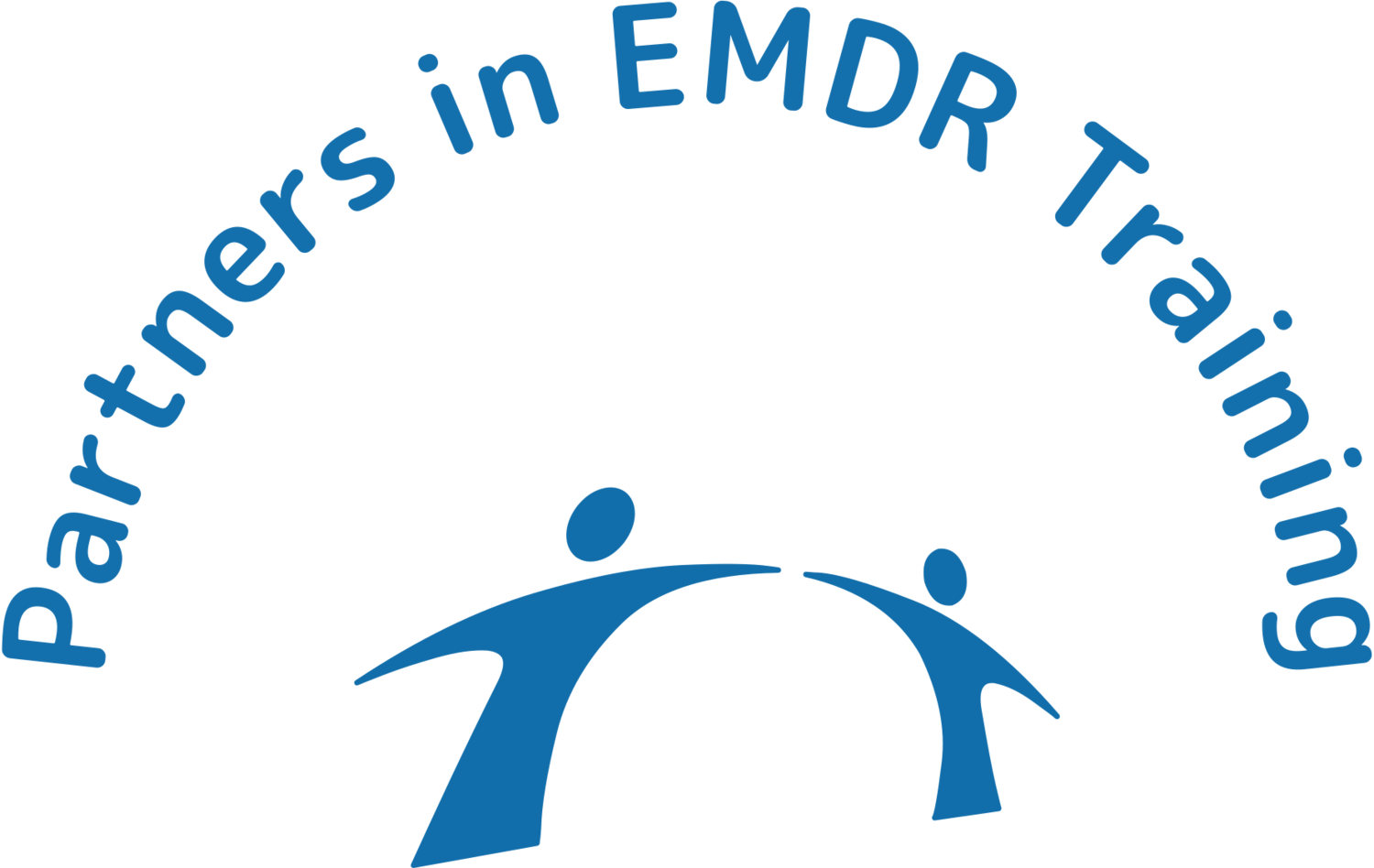The Secret to launching an effective EMDR Processing session - Part 1
EMDR is a powerful and useful intervention, and it can be tricky to do well.
Phase III, known as the Assessment Phase is so important.
We have seen many therapists rush in to do this phase, accidentally missing some important components.Phase III is used once you have a strong relationship and a clear case conceptualization, and you are ready to begin processing. How the past is being lived in the present is understood, and you know that the client can shift states and stabilize.
Once you’ve got all of that, move on to Phase III, to activate a memory for processing.
We have seen trainees miss the first part of Phase III.
The first thing you do is select a specific memory. It has to be one specific memory, showing how present day behavior continues to create suffering.
It is important to be clear and intentional, making sure the specific memory is understood.
Have the client speak about it, briefly, yet specifically.
What happened? You want to hear what the client remembers and experienced. How old was the client? Where was the client? What happened, first second, third? What did the client experience?
Once the client speaks about the memory, repeat the memory, and ask, “Am I understanding it?”
Give the client a moment to add or make changes, and repeat it one more time before moving on to the next part of Phase III.
You and your client will feel more attuned, and you’ll feel more confident.
This does not take a long time if you are truly ready for Phase III and moving into Re-processing.
We will talk more about this important Phase of EMDR, in our next blog.

